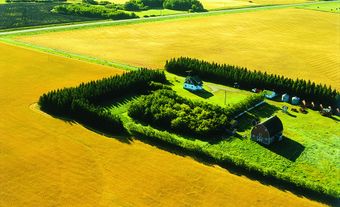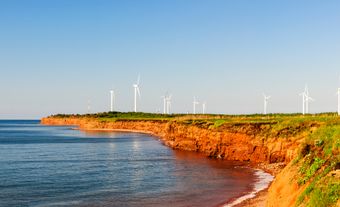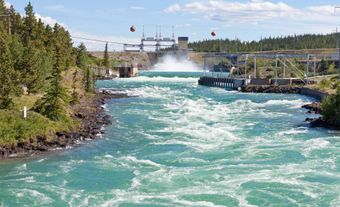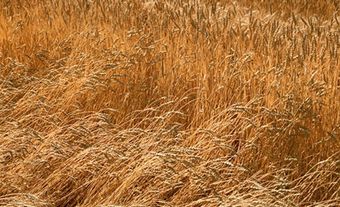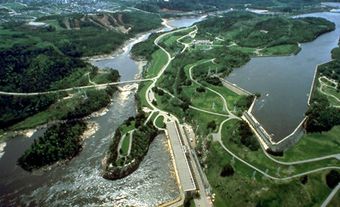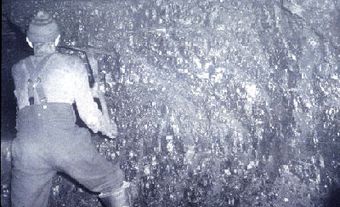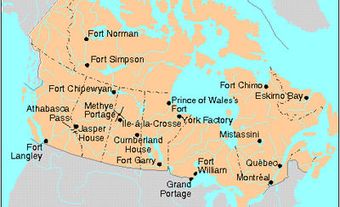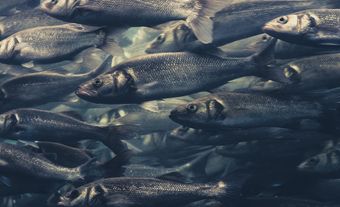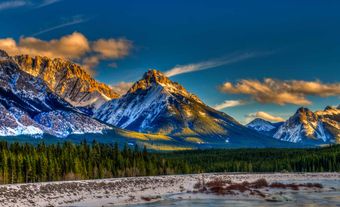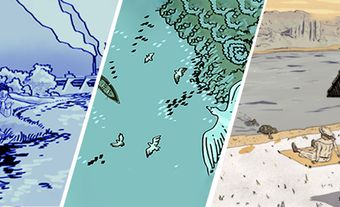Canada is a resource rich country and different natural resources are found across the provinces and territories. Manitoba’s natural resources include agricultural land, minerals, water, fish and wildlife.

Types of Natural Resources
Manitoba has diverse environments that contain a variety of habitats. The Canadian Shield covers much of the northern part of the province, with many lakes, forests, bogs and wetlands. The southwest contains mostly agricultural land used for raising cattle and crops. Manitoba’s largest crops are wheat, canola and soybeans.
The province has mixed geological resources, including a variety of metallic minerals (e.g., nickel, copper, lead, zinc and precious metals, such as gold and silver). Manitoba’s oil deposits are primarily located in the southwestern corner of the province and the production of oil is small. In 2020, the province produced 42.1 thousand barrels per day (Mb/d) of conventional light crude oil.
The fish stocks of the province’s lakes are significant resources, but water pollution and habitat destruction have led to the decline of lake sturgeon (see also Endangered Animals).
Indigenous people in Manitoba continue to fish, hunt and trap. Southern communities, such as the Swan Lake First Nation, have also added farming to their economies. (See also First Nations in Manitoba.) Indigenous tourism initiatives operate across the province. Small fur-bearers like wolves, foxes and marten supply Canada’s fur industry. Indigenous trappers, in particular, contribute to this fur supply.

Manitoba has developed hydroelectric generating stations on the Nelson River. Hydroelectricity accounted for 97 per cent of the province’s electricity generation in 2019. Hydroelectric developments have created opportunities and challenges for northern Manitoba communities, including First Nations.
Did you know?
In 1970, Manitoba Hydro flooded the traditional lands of the Fox Lake Cree Nation at the Kettle Generating Station near the town of Gillam without consulting the community. Community members and scholars have argued that in Fox Lake, as well as in the Chemawawin Cree Nation, dam projects hurt social cohesion, disrupted traditional economies and flooded burial grounds. In the case of Chemawawin, the community had to relocate entirely.

 Share on Facebook
Share on Facebook Share on X
Share on X Share by Email
Share by Email Share on Google Classroom
Share on Google Classroom
